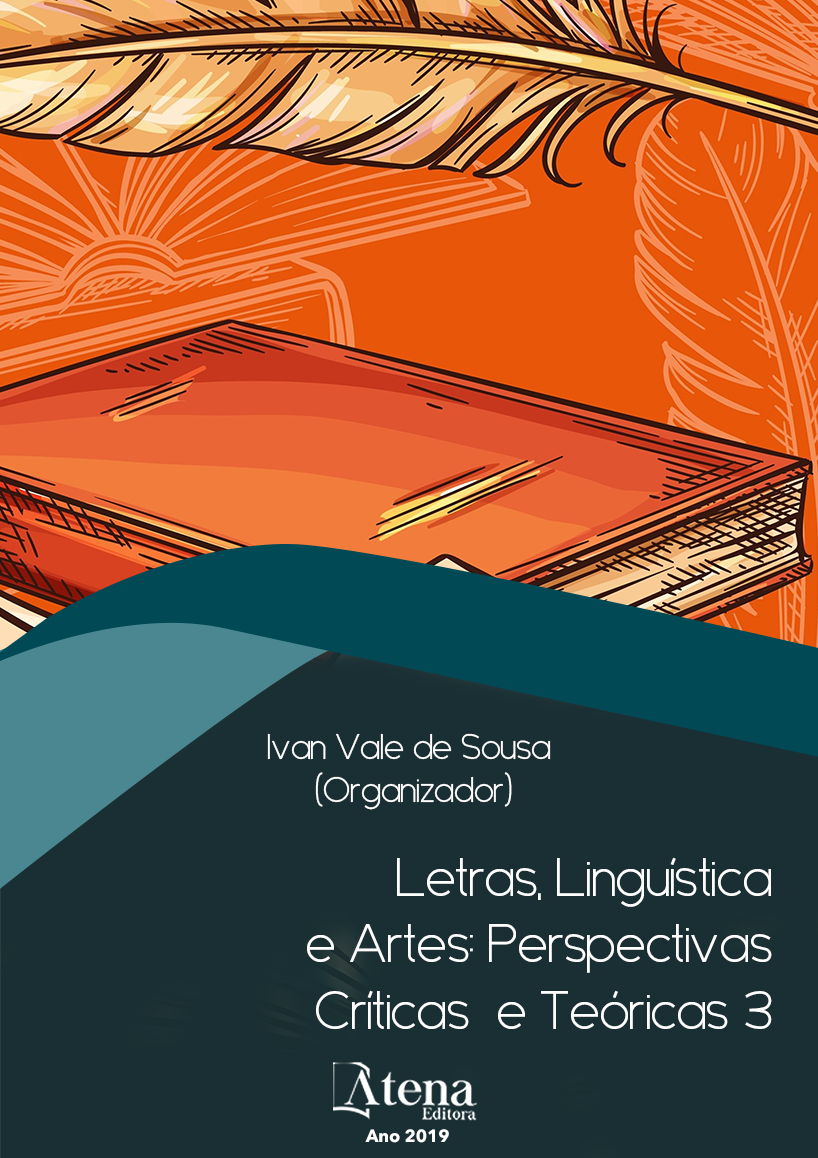
As representações das beatas na literatura de Clodoaldo Freitas do início do século XX
O presente capítulo analisa a
figura das beatas na literatura ficcional do
livre pensador Clodoaldo Freitas, proeminente
literato piauiense atuante no período de
transição do século XIX para o século XX. O
objetivo do estudo é analisar a escrita do literato
Clodoaldo Freitas, no início do século XX, em
torno das mulheres muito afeitas à religião,
referidas como beatas, tomando como fontes
dois contos e uma novela do autor em questão
para buscar formular uma compreensão
do modo como a sociedade da época se
apresentava para as mulheres. Primeiro é
apresentado o literato Clodoaldo Freitas, em
seguida é feita uma breve discussão acerca do
anticlericalismo no Brasil, para então analisar as
representações das mulheres beatas nos contos
O divórcio e A beata, publicados no Maranhão,
respectivamente em 1907 e 1909, e na novela
Por um sorriso, publicada originalmente em 1921
no Piauí. Esses contos e novela de Clodoaldo
Freitas elencam prescrições de modelos
ideais de mulheres e apresentam disputas de
representações femininas, transfiguradas nas
personagens beatas, onde há uma proeminente
crítica anticlerical atravessando essas imagens
de mulheres afeitas a ritos religiosos. A análise
dos textos literários foi desenvolvida a partir
das pesquisas de Mattoso (1992), Queiroz
(2011) e Santos (2010), e dos conceitos de
representação e gênero dos teóricos Chartier
(2004) e Scott (1990).
As representações das beatas na literatura de Clodoaldo Freitas do início do século XX
-
DOI: 10.22533/at.ed.05519091012
-
Palavras-chave: Beatas; Clodoaldo Freitas; Literatura Piauiense; Anticlericalismo.
-
Keywords: Bigot women; Clodoaldo Freitas; Piauiense literature; Anticlericalism.
-
Abstract:
This chapter analyzes the figure of
the bigot women on the free thinker Clodoaldo
Freitas’ fictional literature, a prominent literary
piauiense who act as a writer by the period of
transition from the nineteenth century to the
twentieth century. The aim of the study is to
analyze the writing of free thinker Clodoaldo
Freitas, in the early twentieth century, around
women who is very sensitive to religion, referred
to as bigot, taking as sources two short stories
and a novella by the referred author in order to
try to formulate an understanding of the way the
society of the time presented itself to women. First is presented the author Clodoaldo
Freitas, then a brief discussion is made on anticlericalism in Brazil, to analyze the
representations of bigot women in the short stories Divorce and The bigot woman,
published in Maranhão, respectively in 1907 and 1909, and in the novel For a smile,
originally published in 1921 in Piauí. These short stories and a novella by Clodoaldo
Freitas list prescriptions of ideal models of women and present disputes of feminine
representations, transfigured in the characters of bigot women, where there is a
prominent anticlerical criticism crossing these images of women captivated by religious
rites. The analysis of literary texts was developed over Mattoso (1992), Queiroz (2011)
and Santos (2010), and from the concepts of representation and gender by the theorists
Chartier (2004) and Scott (1990).
-
Número de páginas: 15
- Elizangela Barbosa Cardoso
- Camila de Macêdo Nogueira e Martins Oliveira


